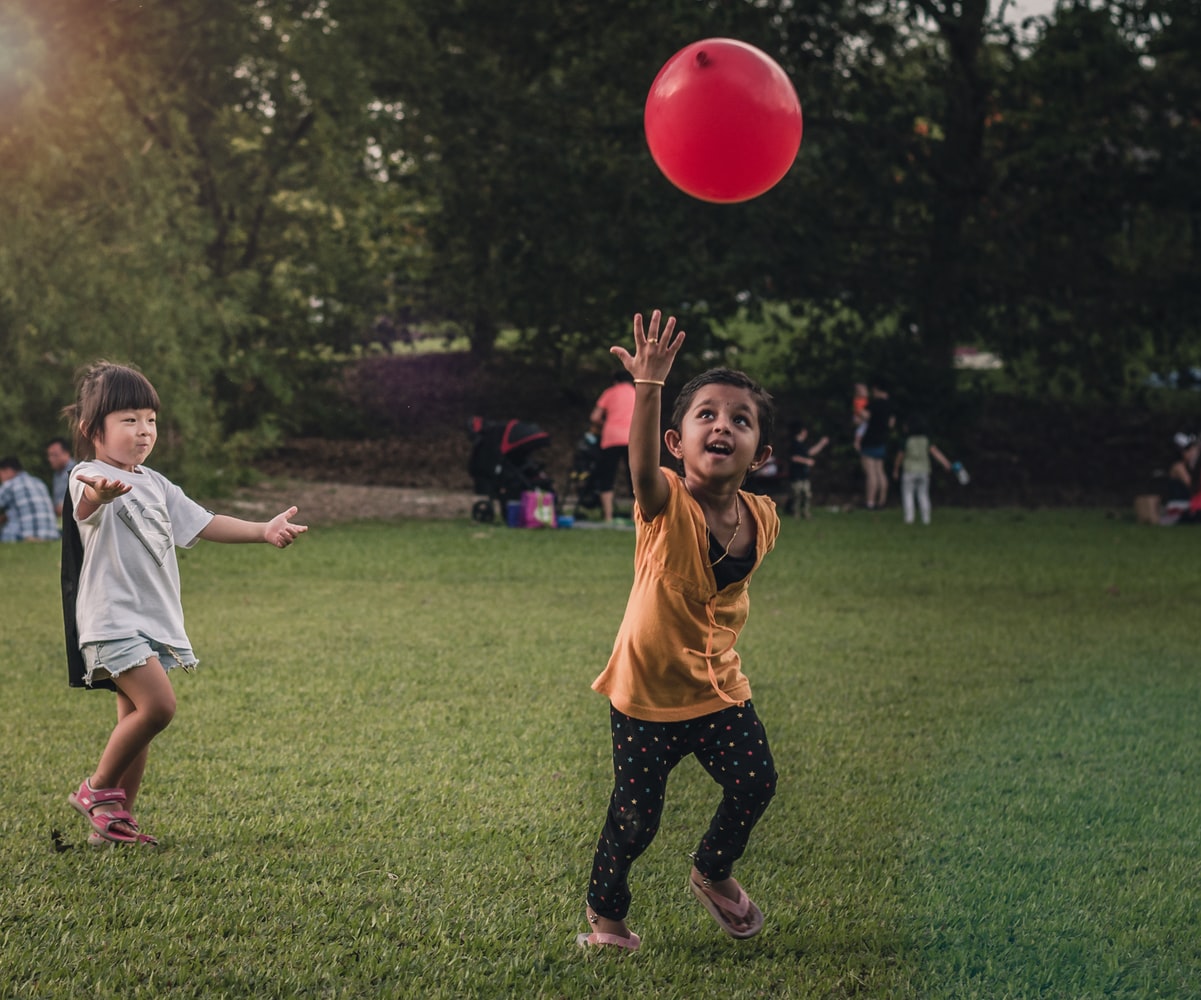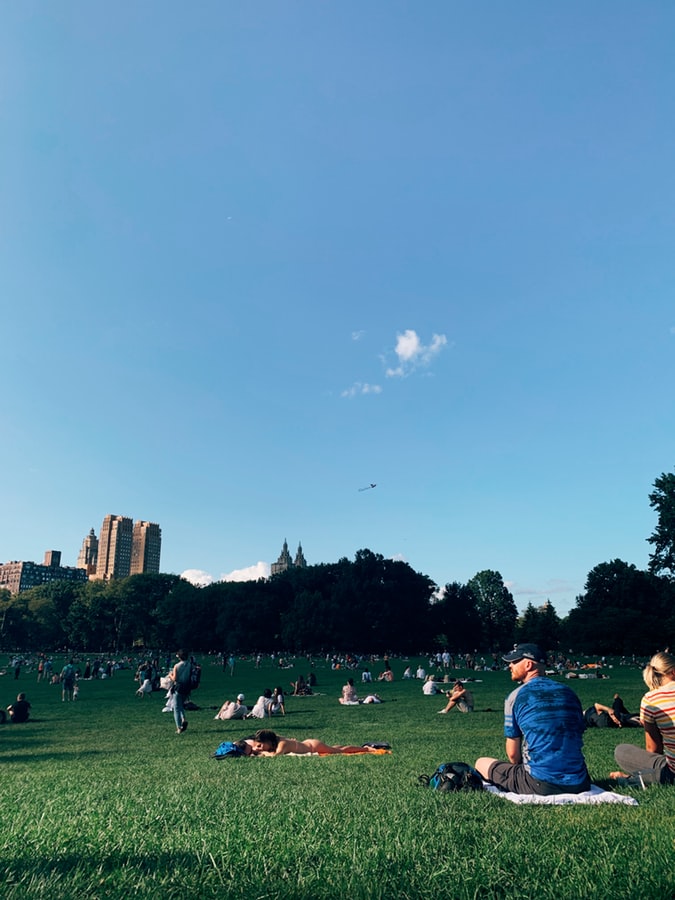Play Share
Shareable recreational equipment locker for public spaces
Los Angeles-based Play Share uses cutting-edge connectivity to build human connection. We caught up with co-founder Michael Zou to learn how Play Share quite literally unlocks new capabilities for public spaces.
1. How did Play Share get its start? Was there an “aha” moment?
Absolutely. In this case, I can tell you down to the exact day and the hour. My entire department booked a local park for a social barbeque, and a lot of us are pretty active, so I think everyone just assumed that someone would bring a ball to toss around. Of course, no one did.
It felt like a real missed opportunity. I was getting ready to hop in my car and drive to a sporting goods store when I came up with the idea that became the Play Share locker. In theory it’s a pretty straightforward sharing economy use case: why not make the things that make a park more fun available on demand?
Basics like basketballs, kickballs, volleyballs… but also horseshoes, ring toss, tennis gear… it all helps families and friends get together and stay active, and it helps municipal parks maximize usage and enjoyment.

2. How does the Play Share smart locker work?
The Play Share locker is intended to be accessible for everyday families, so ease of use is crucial. From a user perspective it’s comparable to a vending machine. Just choose the equipment you want, use it for as long as you like, and then return it when you’re done. That’s it.
Of course, there’s a lot going on in the background. Since it’s designed to be set up in local parks and left mostly unattended, it also has to be both dead simple to maintain and highly secure. Our app verifies user identity and payment method, and we use machine vision to confirm that what you put back is what you took out.

3. And you work directly with cities for placement?
Exactly. We’re currently installed in a number of locations across Greater Los Angeles and the San Francisco Bay Area. Municipal recreation managers want the public to use and enjoy city facilities, and the ability to provide rental equipment on-site has always been highly desirable. It’s just been really hard to do! It’s expensive to keep staff on hand to manage rentals and returns, so it usually only makes sense for things like paddle boats that bring in more revenue.
The Play Share lockers perform well for extended periods with virtually no human intervention, they make it easy to rent low-cost items, and they’re an especially good fit for smaller parks that get a lot of foot and bike traffic. It’s a lot more fun to ride a bike when you’re not carrying a soccer ball.
4. Why did you choose to build the Play Share locker around cellular connectivity?
Well, the first reason is one we discovered very early in prototyping: try setting up persistent wi-fi in a large open, public space! It’s not just that coverage is limited and unreliable. There are hardware security issues, network security issues, and quite likely some interdepartmental issues at the city level related to procurement and maintenance.
So cellular solves some big coverage and security challenges right off the bat. But cellular is also really important because it keeps the locker simple and self-contained. There’s no additional equipment to set up or maintain and no setup required to attach the locker to a network.
With cellular networking built in, park managers don’t need to think about connectivity at all. At the same time, the Soracom user console lets the Play Share team see and manage connections for every locker we have in the field.
5. Looking out past 2020, how do you see your project growing as you build on early success?
Initial response in the Los Angeles and San Francisco areas has been really positive, and we’re excited about how that can support an expanded presence in parks across California and beyond.
Now that we’ve proved the core use case, we also see a lot of opportunity beyond parks and recreation. We’re now looking at opportunities to offer shared-access equipment rentals on a similar model in other kinds of public or semi-public spaces, like workplaces, shopping centers, and college dorms. Such equipment might include anything from portable vacuums and basic tools to laptop computers, external battery packs, and much more.
Michael Zou is the co-founder of Play Share.
